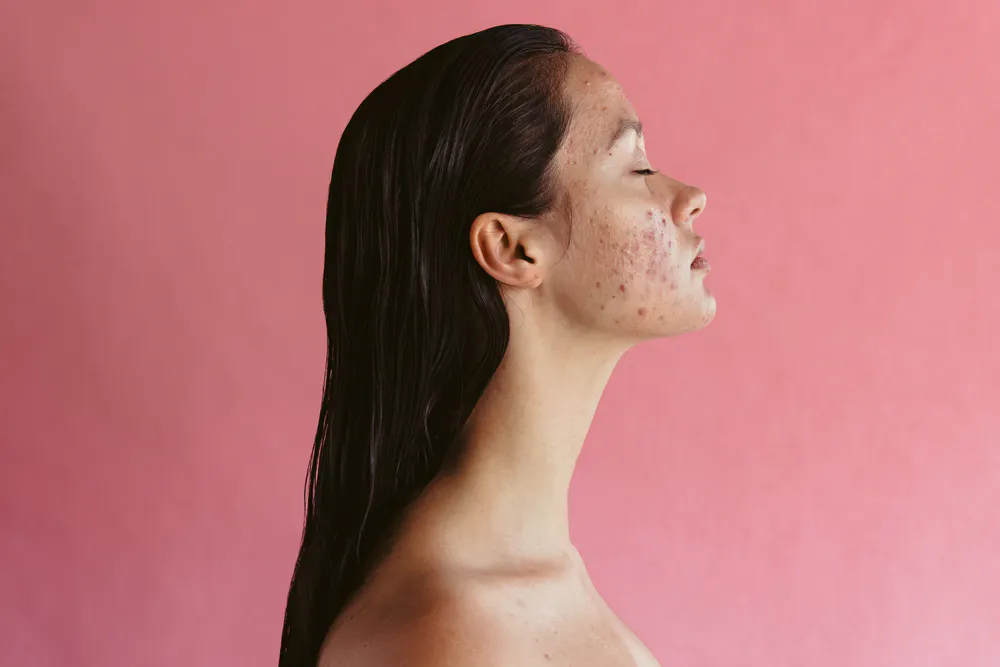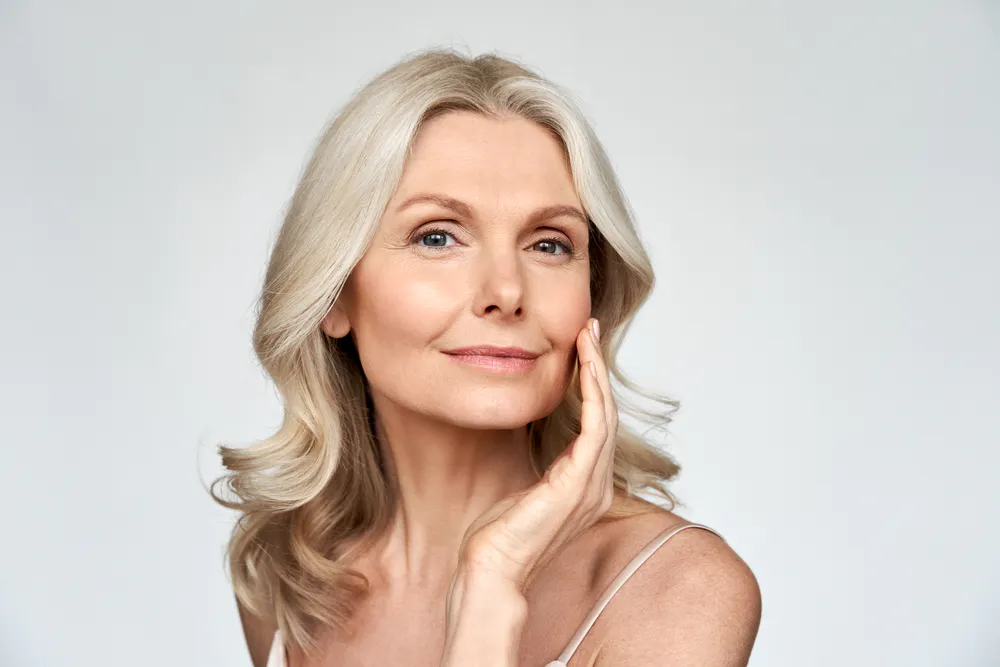Tretinoin, a prescription medication primarily used for acne treatment, has seen a surge in popularity. Its proven efficacy has made it a viral sensation on TikTok, where users demonstrate its transformative effects. Beyond combating acne, Tretinoin also improves overall skin texture by reducing fine lines and wrinkles, resulting in a more youthful and radiant complexion. While many viewers are drawn to TikTok testimonials about this treatment, they often lack comprehensive understanding of what to realistically expect from personal use. This article provides a detailed overview of Tretinoin’s effects, ensuring potential users are fully informed before starting treatment. We’ll also address common questions about the medication to help individuals make educated decisions regarding its use.
The First 3 Weeks of Tretinoin Treatment: What to Anticipate
During the initial three weeks of Tretinoin use, many users experience skin irritation that may make their condition appear to worsen, especially when treating acne. This temporary reaction is normal and expected. The medication often causes skin to deteriorate before showing improvement, with noticeable results sometimes taking up to 12 weeks to manifest.
Long-Term Tretinoin Use: Can Acne Improvement Be Maintained?
While persistence through the initial adjustment period is crucial, most users observe significant skin improvement after approximately 12 weeks (or sometimes longer) of consistent use. This timeline allows the medication to fully exert its therapeutic effects. Many Tretinoin users report an initial “purge” phase followed by gradual emergence of healthier skin. With sustained long-term application, Tretinoin can help achieve optimal skin condition.

Does Tretinoin initially worsen acne?
The “skin purging” phase is a common initial reaction when starting Tretinoin. While it may seem counterproductive, this temporary worsening is actually part of the medication’s mechanism to clear skin and promote cellular renewal. During this period, acne may appear more pronounced, but continued use as directed ultimately leads to clearer, healthier skin.
Tretinoin treatment timeline and expected effects:
2-4 Weeks:
- Mild skin irritation
- Noticeable skin peeling
- Purging phase begins
4-6 Weeks:
- Possible dosage increase
- Reduced peeling and smoother skin
8-12 Weeks:
- Visible skin improvements
- Healthier skin layers with refreshed appearance
- Fading of hyperpigmentation
6+ Months:
- Sustained therapeutic benefits
- Reduced wrinkles and fine lines
- Minimal acne breakouts
Understanding skin purging
Skin purging describes the initial treatment phase where skin condition may temporarily deteriorate. This occurs as Tretinoin accelerates the turnover of damaged skin cells, bringing underlying impurities to the surface more rapidly. This process ultimately allows healthier skin to emerge, improving both acne and overall complexion.
What’s the proper Tretinoin dosage to minimize side effects?
Healthcare providers typically recommend applying a pea-sized amount of Tretinoin cream to the face nightly. Exact dosage may vary based on individual skin conditions and tolerance to prevent excessive side effects.
Should I schedule follow-up appointments while using Tretinoin?
Consult your prescribing physician if you have concerns about treatment progress or effectiveness. Many patients mistake the purging phase for treatment failure, when in fact continued use is typically recommended.
Do I need sun protection while using Tretinoin?
Yes, Tretinoin increases photosensitivity, especially during early treatment. Consistent use of broad-spectrum sunscreen with high SPF (minimum 30) is essential when outdoors to prevent sun damage.
Can I use other topical products with Tretinoin?
When combining Tretinoin with other topical treatments, wait at least one hour after application before using additional products. Since Tretinoin is typically applied at bedtime, this timing usually prevents conflicts with daytime skincare routines.
Common Tretinoin experiences:
Will Tretinoin cause a burning sensation?
A mild burning sensation may occur during the initial adjustment period when using Tretinoin. This discomfort usually subsides within two weeks as skin adapts to treatment.
Is stinging normal with Tretinoin use?
Temporary stinging is another potential side effect during the purging process. Persistent stinging beyond a few weeks warrants medical consultation.
Should I expect skin peeling?
Yes, skin peeling is expected initially as Tretinoin accelerates cellular turnover, shedding dead skin cells to reveal healthier layers beneath.
Will Tretinoin cause redness?
Skin redness is a common temporary reaction to Tretinoin. While potentially discouraging, especially for those with severe initial conditions, this typically resolves within weeks and precedes visible improvements.

Tretinoin FAQs
Does Tretinoin interact with hair products?
Tretinoin has no known connection to hair loss. Standard hair products like sprays or gels pose no concern as they don’t typically contact treated facial skin.
Can Tretinoin increase sun sensitivity?
Yes, Tretinoin enhances UV sensitivity, making sun protection crucial. Using high SPF sunscreen (minimum 30) formulated for sensitive skin helps prevent irritation and excessive peeling.
Should I avoid alcohol-based products with Tretinoin?
Alcohol-containing skincare products can intensify Tretinoin side effects like stinging and redness by drying the skin. Opt for alcohol-free, sensitive skin formulations instead.
Tretinoin Usage Tips
Is protective clothing necessary with Tretinoin?
Given increased photosensitivity, sun-protective measures including clothing, hats, and shade are recommended alongside high-SPF sunscreen when outdoors.
Should I use moisturizer with Tretinoin?
Moisturizers help mitigate initial purging effects. Choose fragrance-free, alcohol-free formulas designed for sensitive skin to avoid exacerbating side effects.
When is the best time to apply Tretinoin?
Prescribing instructions typically recommend consistent evening application before bedtime to establish routine and minimize sun exposure concerns.
Sources:
https://www.nhs.uk/conditions/acne/treatment/
https://www.healthline.com/health/skin/tretinoin
https://www.webmd.com/drugs/2/drug-3956/tretinoin-topical/details







